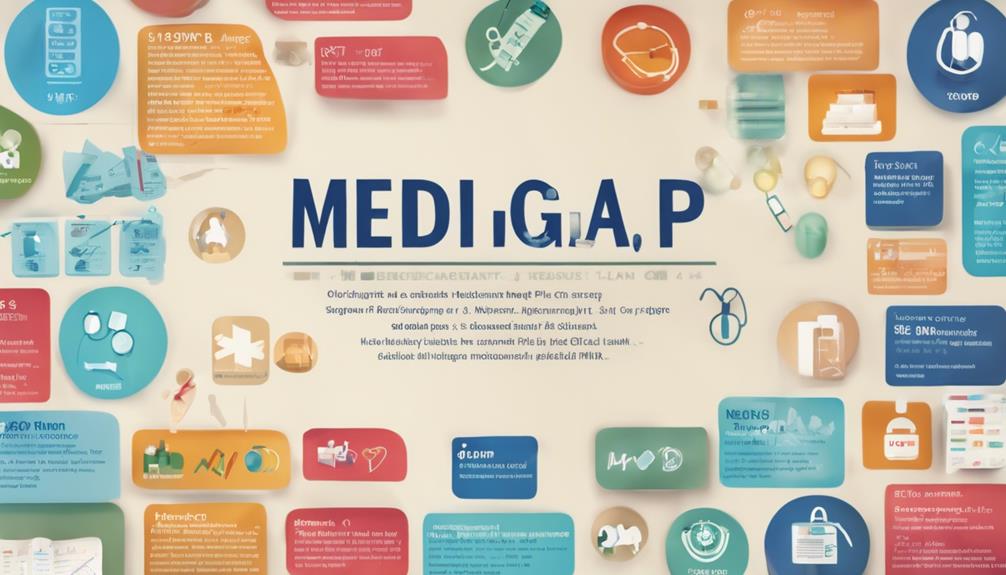Medicaid is a crucial health insurance program in the United States that provides essential medical coverage for millions of low-income individuals and families. However, many people often wonder, “How much is Medicaid a month?” While Medicaid itself does not have a monthly premium for most enrollees, understanding the costs associated with it, as well as its benefits, is essential for those seeking this form of assistance. In this blog post, we will delve into the various aspects of Medicaid, including eligibility, costs, benefits, and how it compares to other health insurance options.
Understanding Medicaid: The Basics
Medicaid is a state and federal program designed to provide health coverage to eligible low-income individuals, including children, pregnant women, elderly individuals, and people with disabilities. Each state administers its own Medicaid program, which means that eligibility criteria, benefits, and even costs can vary significantly from one state to another. In general, Medicaid covers a variety of healthcare services, including hospital stays, doctor visits, long-term care, and preventive care. For most people, the monthly premium for Medicaid is $0, making it an affordable option for those who qualify.
Eligibility Criteria for Medicaid
To determine “how much is Medicaid a month,” it’s vital to understand who qualifies for the program. Eligibility is primarily based on income and family size, and the specific income limits can differ from state to state. Generally, individuals or families must earn less than a certain percentage of the federal poverty level (FPL) to qualify for Medicaid. Additionally, certain groups, such as pregnant women and children, may have higher income thresholds. States also have the option to expand their Medicaid programs under the Affordable Care Act (ACA), which has led to increased eligibility in many areas. To find out if you qualify, it’s best to consult your state’s Medicaid website or speak with a local Medicaid office.
Cost Components of Medicaid
While many people think of Medicaid as a no-cost program, some enrollees may still incur certain costs. Understanding these costs is crucial when asking, “how much is Medicaid a month?” While there are typically no monthly premiums, Medicaid recipients may be responsible for copayments for certain services, deductibles, or coinsurance. Some states impose nominal fees for specific services, but these costs are usually minimal compared to private health insurance. Additionally, certain groups, such as those receiving long-term care, may have higher costs, including spending down their income to qualify for coverage.
Medicaid vs. Medicare: What’s the Difference?
When discussing Medicaid, it’s essential to differentiate it from Medicare, another government-sponsored health insurance program. Medicare primarily serves individuals aged 65 and older, as well as certain younger individuals with disabilities. Unlike Medicaid, Medicare typically requires premiums, deductibles, and copayments. Therefore, while Medicaid is often free for eligible participants, Medicare can incur significant costs. For those who qualify for both programs, known as “dual eligibility,” there are special considerations and additional benefits, making understanding both programs crucial for comprehensive healthcare coverage.
Benefits of Medicaid Coverage
Understanding “how much is Medicaid a month” also involves recognizing the value of the benefits provided. Medicaid covers a broad spectrum of healthcare services, which can significantly alleviate medical expenses. These services typically include hospital stays, routine check-ups, immunizations, prescription medications, mental health services, and long-term care. Because Medicaid is designed to support low-income individuals, the program plays a critical role in providing access to necessary healthcare that might otherwise be unaffordable. Furthermore, many states have moved towards offering additional benefits, such as dental and vision care, which can enhance the overall healthcare experience for enrollees.
The Application Process for Medicaid
If you’re considering enrolling in Medicaid, it’s important to understand the application process. While it may seem daunting at first, applying for Medicaid is generally straightforward. You can apply online through your state’s Medicaid website, by phone, or in-person at designated offices. The application will require personal information, including income, family size, and residency status. After submitting your application, your state will review it and determine your eligibility. It’s important to gather all necessary documentation beforehand to expedite the process and ensure you provide accurate information.
Common Misconceptions About Medicaid Costs
There are several misconceptions surrounding Medicaid costs that can confuse potential enrollees. A common myth is that Medicaid requires high monthly premiums, which is not typically the case for most recipients. Additionally, some believe that Medicaid covers only basic health services, whereas it actually provides comprehensive coverage, including specialized care. Understanding these misconceptions is vital for individuals who may benefit from Medicaid but are hesitant to apply due to perceived costs. By addressing these myths, we can empower more individuals to explore their healthcare options and potentially secure the coverage they need.
Conclusion: Navigating Medicaid Costs and Benefits
In summary, understanding “how much is Medicaid a month” involves more than just the absence of a monthly premium. While most individuals enrolled in Medicaid do not pay a premium, they may encounter other costs such as copayments and deductibles. The eligibility criteria, benefits, and application process are also essential components to consider. By educating yourself about Medicaid, you can better navigate your healthcare options and ensure you receive the coverage you need. If you think you might qualify for Medicaid, take the first step and visit your state’s Medicaid website today to explore your options and secure the health coverage that best fits your needs.Unitedhealthcare Community Plan MedicaidBcbs MedicaidMedicaid Log In
